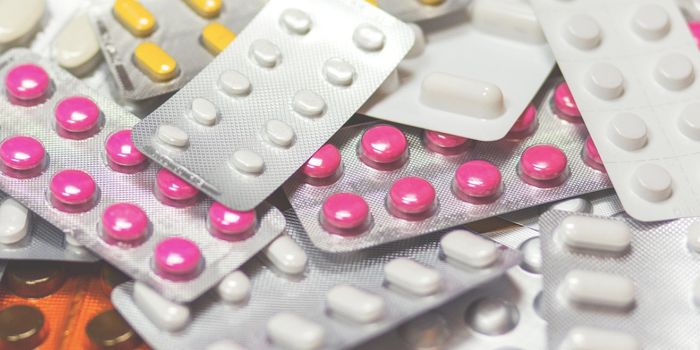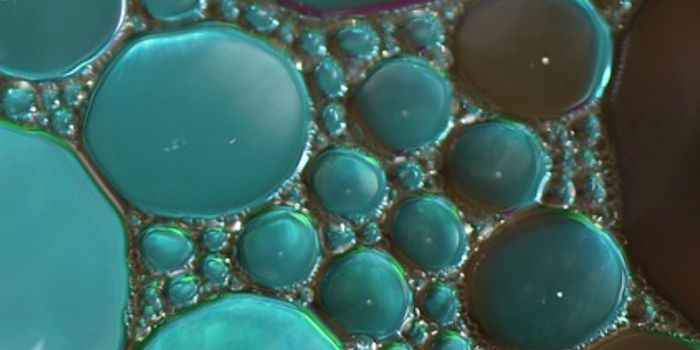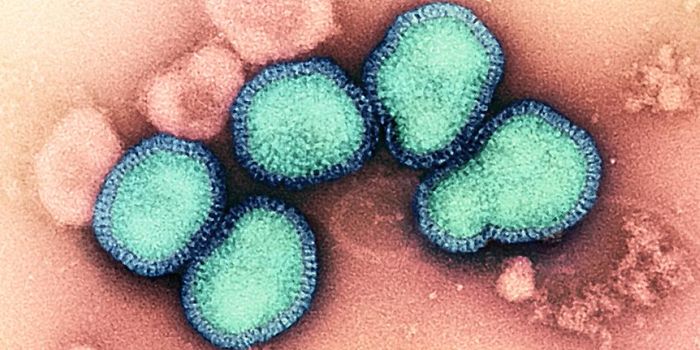Understanding How Gut Bacteria Are Connected to Depression
Researchers and clinicians have long been searching for the physiological mechanisms that underlie depression, a mood disorder that is thought to impact tens of millions of people around the world. If we can gain a better understanding of the biochemistry of the disorder, it will be easier to treat it effectively in more people.
It's been suggested that depression may be linked to the gut microbiome, which has already been connected to many different human disorders. Disruptions in this microbial community, specific strains of disease-associated bacteria, or a lack of diversity have all been connected to poor health outcomes. An imbalance in the gut microbiome has now been linked to depressive behaviors, because of a reduction in some metabolites called endocannabinoids. The findings have been reported in Nature Communications.
Recent research has determined that damage to the gut microbiome is linked to mood disorders; scientists have found that the efficacy of an antidepressant called fluoxetine could also be connected to gut bacteria.
A simple experiment showed that the link between gut microbes and depression could be causal. "Surprisingly, simply transferring the microbiota from an animal with mood disorders to an animal in good health was enough to bring about biochemical changes and confer depressive-like behaviors in the latter," explained Pierre-Marie Lledo, Head of the Perception and Memory Unit at the Institut Pasteur.
The researchers were also able to show that in an animal model of a mood disorder, the levels of specific types of gut bacteria are significantly reduced, and endogenous cannabinoid (endocannabinoid) levels were reduced. When the animal model was exposed to endocannabinoids, their depression-mimicking behaviors were halted.
"This discovery shows the role played by the gut microbiota in normal brain function," said co-senior study author Gérard Eberl, Head of the Microenvironment and Immunity Unit at Institut Pasteur/Inserm.
When the gut microbiome is imbalanced, some lipids that are thought to be crucial for brain function are lost, and depressive behaviors emerge. It may be one day be possible to treat some forms of depression by restoring balance to the microbiome.
Chronic stress may lead to depression, and other work has suggested that may be related to endocannabinoid signaling. Endocannabinoid molecules bind to a receptor that's in the hippocampus (and other places) that also binds to one of the major psychoactive components of marijuana, called THC. In an animal model, when there is a lack of endocannabinoids in a region of the brain called the hippocampus, behaviors mimicking depression set in. This study suggested that endocannabinoids may connect depression and the gut microbiome.
Sources: AAAS/Eurekalert! via Institut Pasteur, Nature Communications










